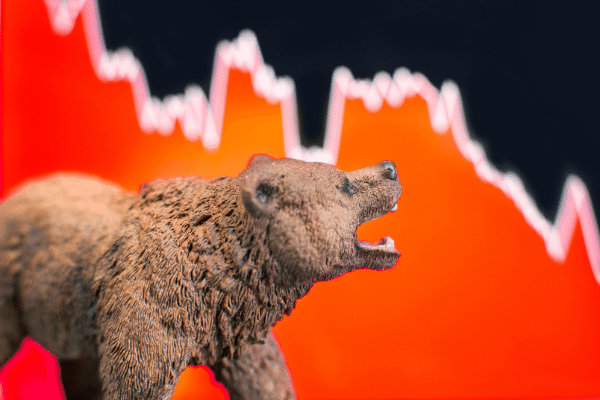
-
Hedge funds avoid highly public shorts on equities for fear of raising the ire of the Reddit brigade, which punished short sellers in GameStop (+6.26%)
-
Asian regulators and exchange operators may take advantage of the opportunity to adopt a more liberal approach to SPACs to entice capital across the Pacific
After the beating that hedge funds suffered in the aftermath of GameStop (+0.23%), it would be a brave manager looking to take highly publicized shorts and antagonize the Reddit bull.
Even with stocks at record valuations near two-decade highs, Wall Street’s bears have become an endangered species.
Median short interest of component stocks of the S&P 500 is just 1.6% of market value, near a 17-year low, according to data from Goldman Sachs.
And in Europe. A short-covering frenzy has sent bearish bets collapsing, according to Morgan Stanley (+1.83%).
Instead, hedge fund’s long positions are at the highest relative levels in years at JPMorgan Chase’s (-0.42%) prime brokerage.
The so-called smart money may be betting against the market ideologically, but it’s not being revealed in the markets, with bullish mania propelling global equities to fresh records this month, thanks to economies re-opening and larger policy stimulus.
Easing lockdowns and vaccine rollout data have fueled a risk-on rotation into what were once the least popular sectors of the stock market – low quality stocks and value shares.
As hedge funds from both sides of the Atlantic raced to cover their shorts, little appetite to put on fresh short positions was seen.
But bearish bets aren’t just risky, they can be punishing, with a Goldman Sachs basket of the most shorted stocks surging three times faster than the broader U.S. market in 2021, partly because of a horde of Robinhood traders stampeding into short targets.
Instead, hedge funds and other professional money managers are seeking short protection in the options market – with bearish contracts on the S&P 500 increasing relative to bullish ones in the past month.



